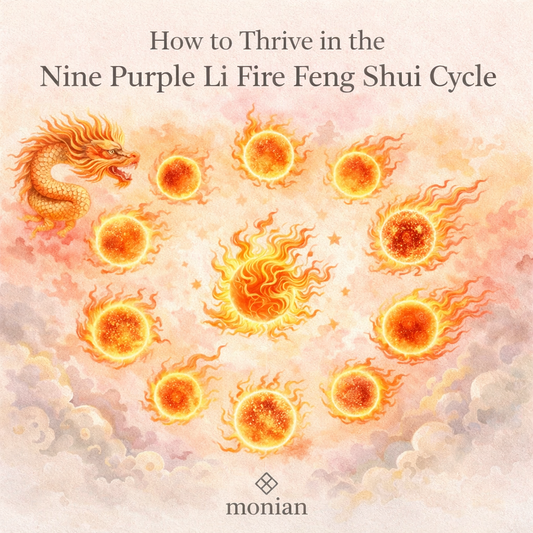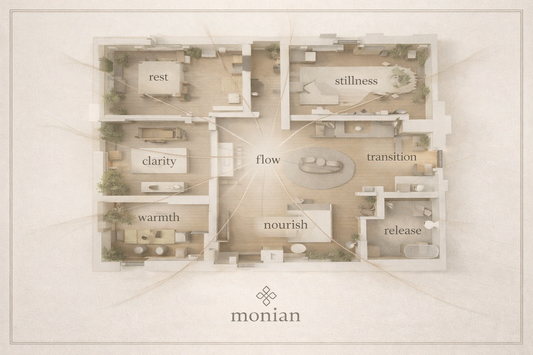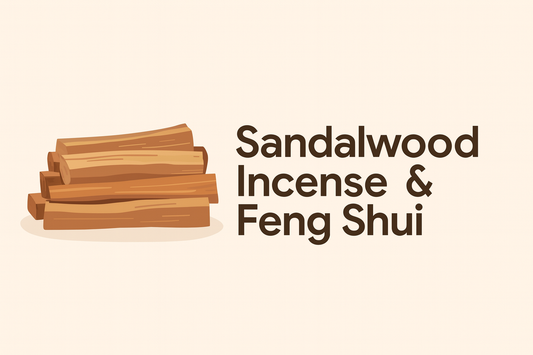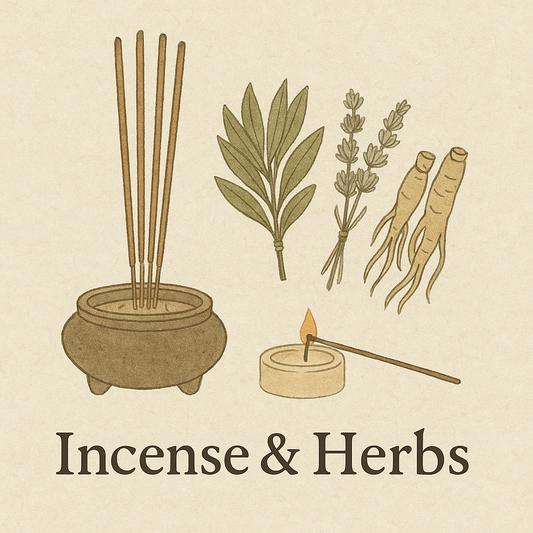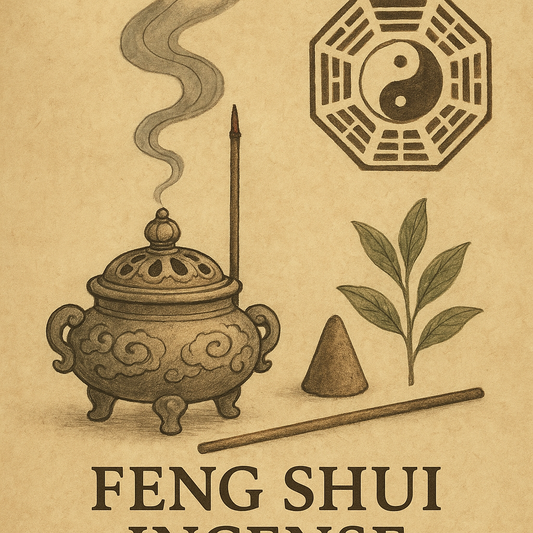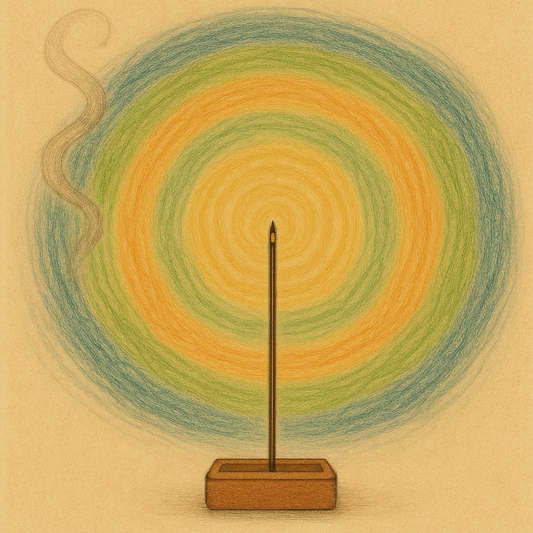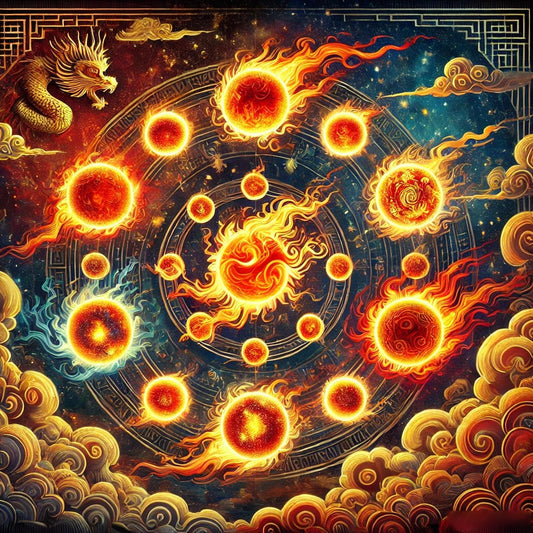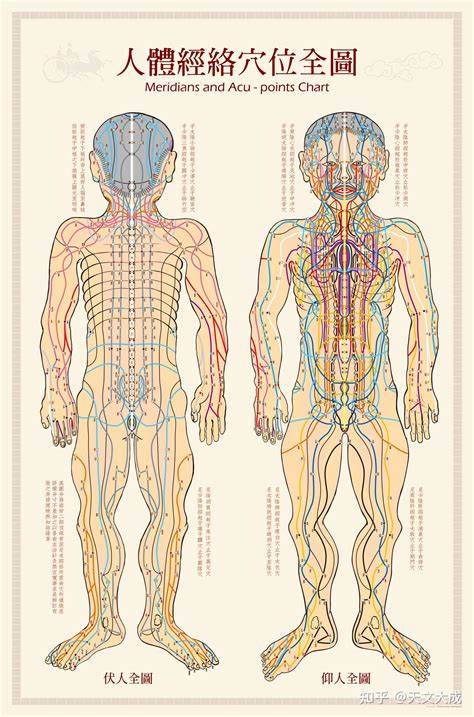
How to Align Your Daily Routine with Traditional Chinese Medicine for Better Energy and Balance
In Traditional Chinese Medicine (TCM), time is more than hours on a clock—it's a rhythm of nature that flows through your body. By living in harmony with these natural cycles, we don’t just manage time—we nourish our energy, our organs, and our inner clarity.
Rooted in the concept of the meridian clock or "body clock," TCM maps each organ system to a specific time of day. By aligning your routine with this cycle, you create a life in tune with your body’s most vital rhythms.
Understanding the TCM Organ Clock
The 24-hour TCM body clock divides the day into 12 two-hour periods, each governed by a specific organ. During its peak, that organ is believed to be most active and responsive to care:
- 5–7 a.m. (Large Intestine): Ideal time for bowel movement and detoxification. A glass of warm water helps support elimination.
- 7–9 a.m. (Stomach): Time to eat a nourishing breakfast when digestion is strongest.
- 9–11 a.m. (Spleen): The body turns food into energy—great for focused work or study.
- 11 a.m.–1 p.m. (Heart): Pause for connection or calm. Keep stress low to support cardiovascular well-being.
- 1–3 p.m. (Small Intestine): A light lunch is ideal; this is digestion and nutrient absorption time.
- 3–5 p.m. (Bladder): Great for light movement or hydration. Support detox by drinking water or herbal tea.
- 5–7 p.m. (Kidneys): Gentle exercise, walking, or rest strengthens core vitality.
- 7–9 p.m. (Pericardium): Time for relaxation and emotional connection—avoid work.
- 9–11 p.m. (Triple Burner): Body begins detox and hormonal balancing. Begin winding down.
- 11 p.m.–1 a.m. (Gallbladder): Deep sleep supports decision-making and cellular repair.
- 1–3 a.m. (Liver): The liver detoxifies the blood—rest is essential here.
- 3–5 a.m. (Lung): Breathing deepens in early morning; ideal time for meditation if awake.
Morning: Begin with Stillness and Nourishment
Start your day with gentle awareness. A few deep breaths, soft stretches, or quiet tea moments awaken the body without shock. TCM recommends a warm, cooked breakfast to protect the Stomach and Spleen—think congee, oats, or ginger tea.
Midday: Flow with Focus and Lightness
The hours between 9 a.m. and 3 p.m. are high-energy periods. Your Spleen and Heart work in tandem—transforming nutrients and circulating blood. This is your ideal window for productivity, creativity, or active work.
Choose a balanced lunch—warm, lightly spiced, and not overly rich. Avoid cold drinks that may dampen digestive fire.
Evening: Gentle Unwinding and Emotional Restoration
After 5 p.m., TCM encourages a slowing of pace. Light walks, warm foot baths, and herbal infusions (like goji or chrysanthemum) help the body transition into rest. Avoid heavy foods or intense emotions late at night, as they tax the Liver and Heart.
By 9–10 p.m., begin a quiet routine: incense, candlelight, reading, or silence. Let sleep arrive before 11 p.m. to nourish your Yin and support deep organ repair.
Living in Rhythm Is Living in Clarity
Following the TCM clock isn’t about rigid schedules—it’s about flow. Just as seasons change, your energy waxes and wanes. By syncing with these patterns, you don’t force wellness—you return to it.
Small shifts in daily routine—like a warm breakfast, earlier bedtime, or gentle evening walk—can realign your inner rhythms. In doing so, you build not only physical resilience, but also emotional clarity and spiritual grounding.
Conclusion: Harmony Begins with Habit
In the stillness of each hour lies an opportunity. Traditional Chinese Medicine invites us to pause, observe, and return to natural rhythm. When your day honors your body’s timing, energy flows more freely. You feel more whole, more present—more you.

